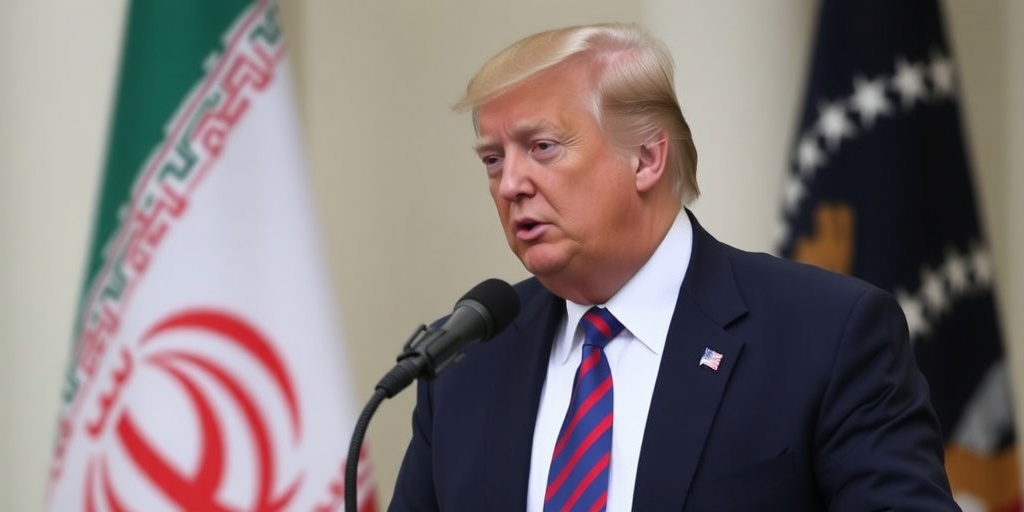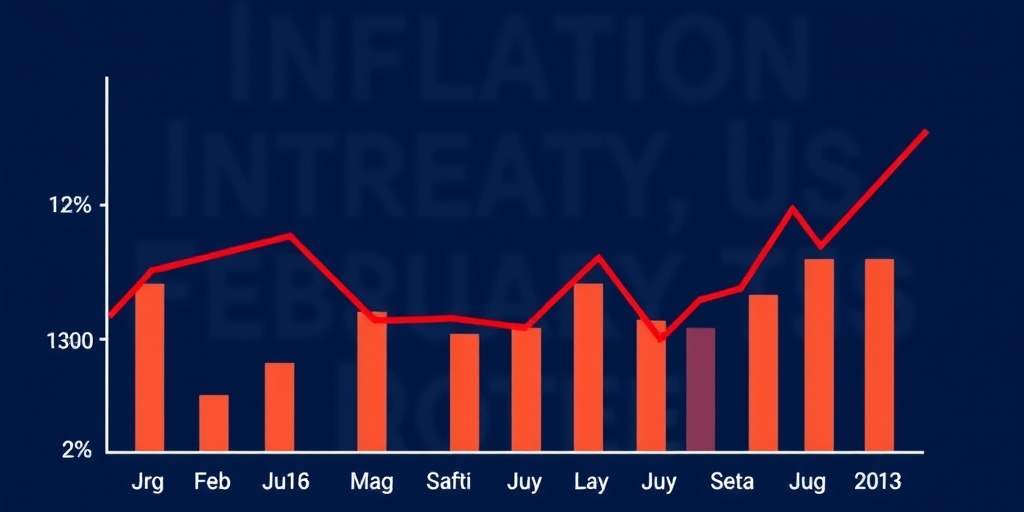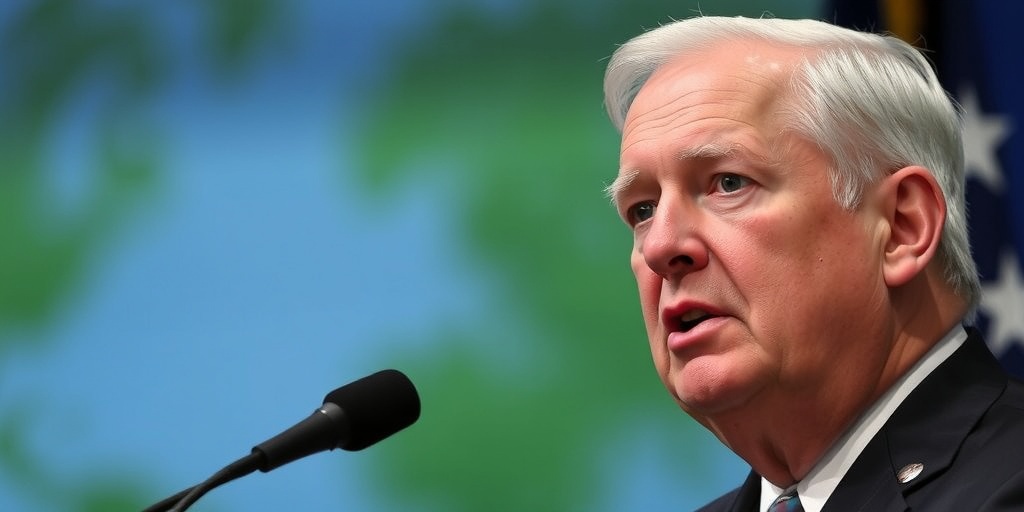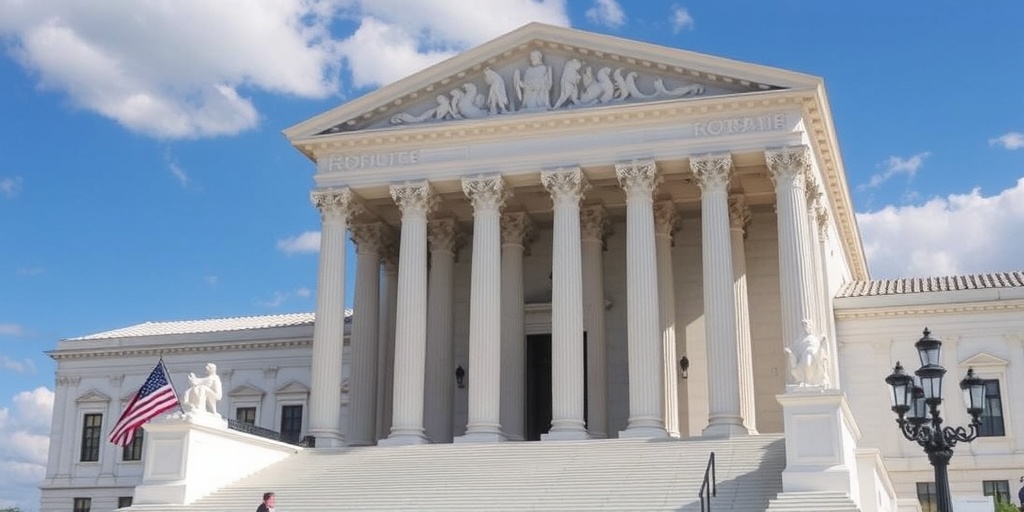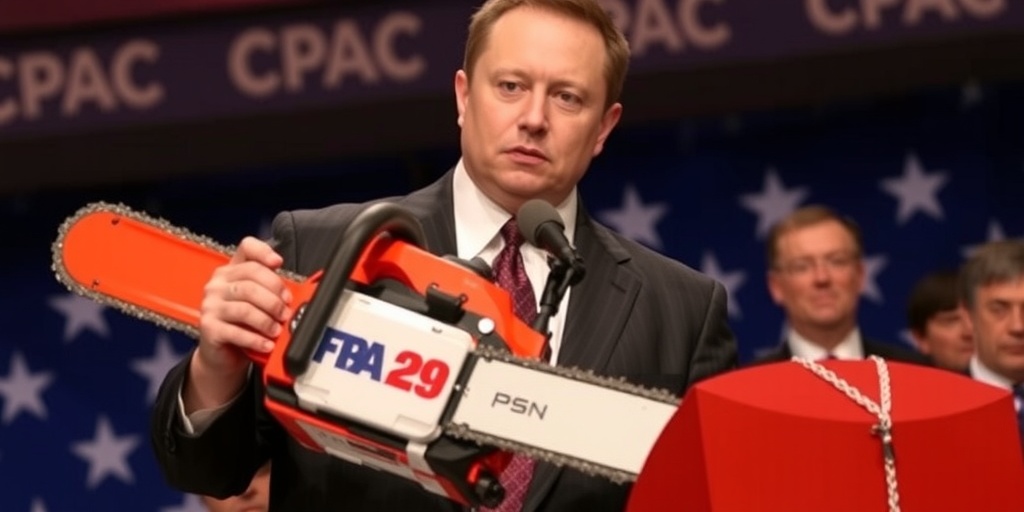Now Reading: Judge Allows Trump’s Plan to Temporarily Suspend U.S.A.I.D. Workers
-
01
Judge Allows Trump’s Plan to Temporarily Suspend U.S.A.I.D. Workers
Judge Allows Trump’s Plan to Temporarily Suspend U.S.A.I.D. Workers
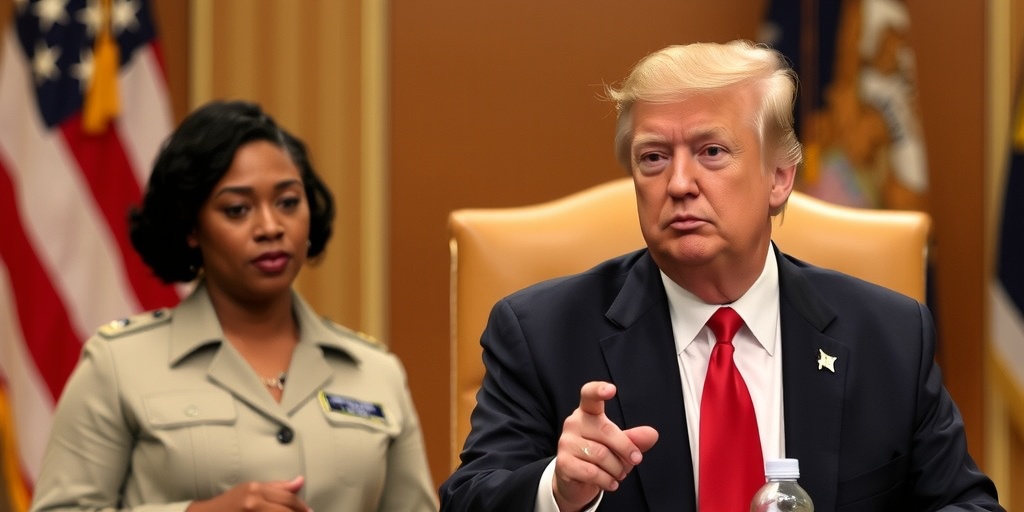
A federal judge has cleared the Trump administration to proceed with its controversial plan to significantly reduce the workforce of the United States Agency for International Development (USAID). This decision, made by Judge Carl J. Nichols of the U.S. District Court for the District of Columbia, dismissed a key legal challenge brought forth by an association representing foreign service workers. The judge determined that the lawsuit did not sufficiently demonstrate that its members were likely to endure irreparable harm as a result of the proposed cuts, which involve placing over 2,000 additional employees on administrative leave and recalling certain workers stationed abroad.
The ruling came as the Trump administration aims to implement a radical overhaul of USAID, one of the primary agencies responsible for delivering foreign assistance. According to the administration’s plans, nearly the entire global workforce of USAID could be placed on administrative leave, while a multitude of contracts would be canceled, and foreign aid spending significantly curtailed. Judge Nichols’ ruling signals a substantial endorsement of the White House’s authority to reshape federal agencies to align with its political agenda, despite ongoing turmoil within the agency.
The American Foreign Service Association, which initiated the lawsuit, argued that the administration’s plans to enforce these changes posed serious risks to employees stationed overseas. The association expressed concerns that the implementation of a “mandatory recall notice” could dangerously destabilize the lives of foreign service workers and their families, possibly leaving them stranded without access to essential communication and security resources. These fears were compounded by reports that the plans could disrupt the lives of employees’ families, as many may have been living abroad for extended periods.
In response to these concerns, Judge Nichols acknowledged the initial worries regarding the safety and security of USAID employees. However, he concluded that the immediate risk had subsided following assurances from Trump appointee Pete Marocco, who oversees foreign aid. Marocco’s statements indicated that employees in high-risk areas had not lost access to critical safety resources, and the administrative leave was part of a broader assessment of job roles within the agency. His sworn declarations emphasized that returning to the U.S. was a voluntary decision and that exceptions could be made on a case-by-case basis.
As Judge Nichols elaborated in his ruling, the operational framework initially set in place, which halted personnel changes, was no longer justifiable. He found that the government had presented a convincing case that maintaining these pauses hindered the necessary auditing of USAID’s operations, which the administration claims are essential for ensuring proper alignment with national and global interests. The judge noted that the perceived risks faced by employees during the administrative leave process had been grossly overstated.
Following the judge’s original injunction, USAID had reinstated all employees who had been placed on leave, restoring their access to emails and security updates. However, with the lifting of the restraining order, personnel changes would be able to resume, leading to a comprehensive review of the agency’s staffing and the potential for widespread job eliminations.
The ruling has sparked considerable concern among advocates for foreign assistance. Tom Yazdgerdi, president of the American Foreign Service Association, lamented that this decision posed a significant threat to the integrity and efficacy of USAID’s mission. In a statement, he described the ruling as a setback in the efforts to protect the agency from actions deemed detrimental to its workforce and its vital role in delivering humanitarian assistance globally.
Critics of the administration’s far-reaching plans contend that the decision reveals a stark disregard for the humanitarian missions undertaken by USAID, which has been a cornerstone of America’s foreign policy for decades. Judge Nichols noted the conflicting perspectives surrounding the agency’s operations, emphasizing that whether USAID’s work is considered essential to human development remains a debated issue. He underscored the balance that must be maintained between the need for federal employees’ security and the government’s prerogative to implement its policy changes.
Overall, the judge’s ruling reflects a significant moment in the ongoing struggle between federal employees’ protections and the Trump administration’s ambitious agenda to reorganize federal agencies. As the ramifications of this decision unfold, the future of USAID, along with its capability to provide critical assistance worldwide, hangs in the balance.
Stay Informed With the Latest & Most Important News
Previous Post
Next Post
-
 01New technology breakthrough has everyone talking right now
01New technology breakthrough has everyone talking right now -
 02Unbelievable life hack everyone needs to try today
02Unbelievable life hack everyone needs to try today -
 03Fascinating discovery found buried deep beneath the ocean
03Fascinating discovery found buried deep beneath the ocean -
 04Man invents genius device that solves everyday problems
04Man invents genius device that solves everyday problems -
 05Shocking discovery that changes what we know forever
05Shocking discovery that changes what we know forever -
 06Internet goes wild over celebrity’s unexpected fashion choice
06Internet goes wild over celebrity’s unexpected fashion choice -
 07Rare animal sighting stuns scientists and wildlife lovers
07Rare animal sighting stuns scientists and wildlife lovers













